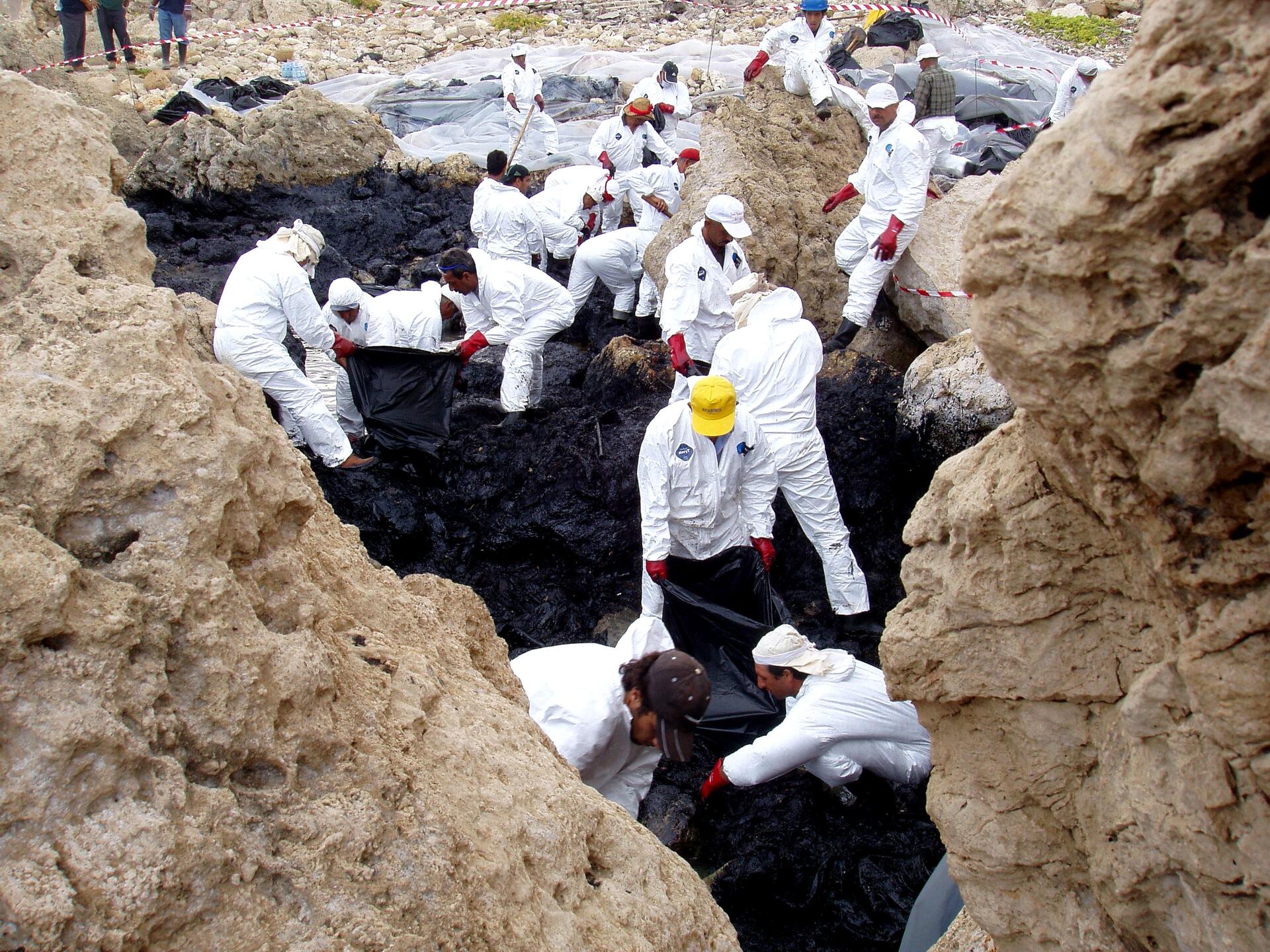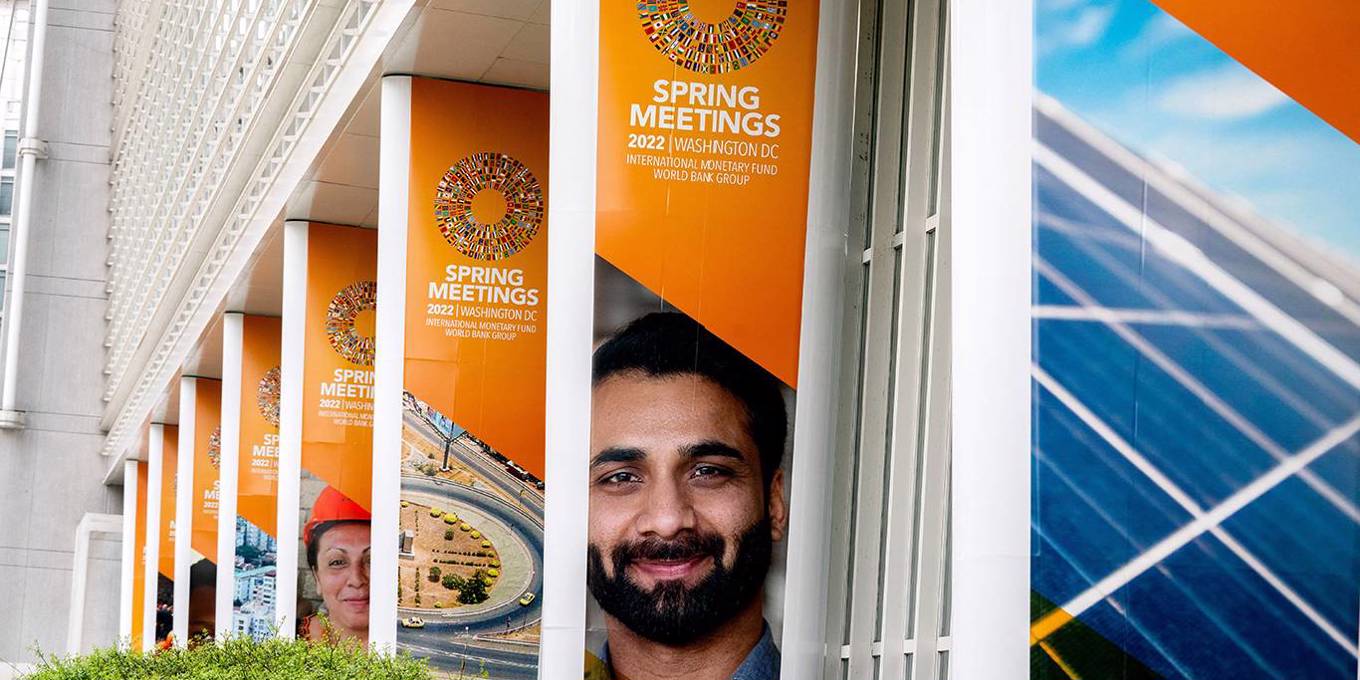WE RELY ON NATURE
Research from the World Economic Forum shows that US$ 44 trillion in economic value generation - around half of global GDP - is highly or moderately dependent on nature. That gives some indication of how reliant on nature we are for our work, our food, our homes, our economies. In reality, nature powers all industry and enterprise.
The problem is that we often take what we need from nature without including the cost of environmental degradation in prices and markets.
Now it’s time to change. All countries must properly value nature in economic decision-making and significantly step up finance for biodiversity if we are to have any chance of securing a nature-positive world by 2030. And central banks and financial supervisors must actively address climate change and nature loss. Financial flows from all sources, public and private, must be aligned with nature-positive activity.



.png?width=540&name=Photo%20by%20IISD%20(1).png)






